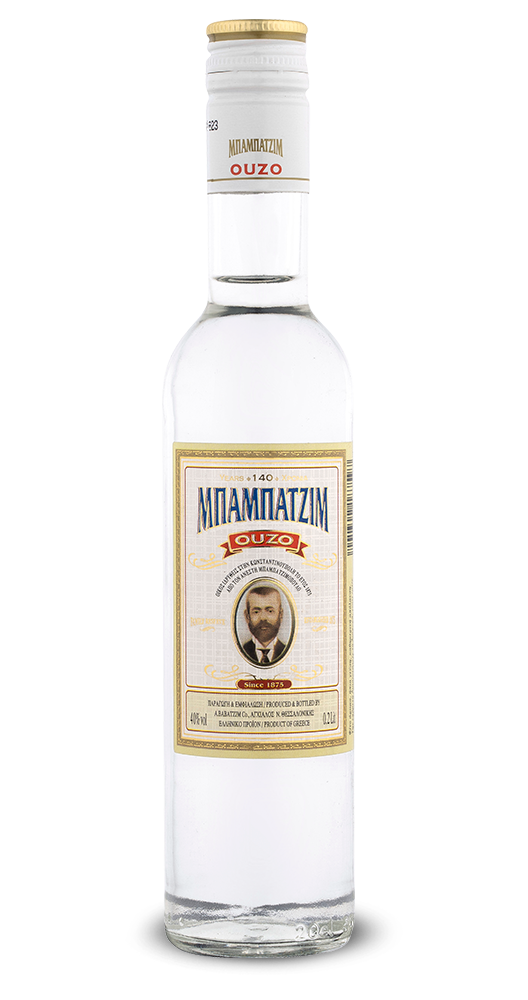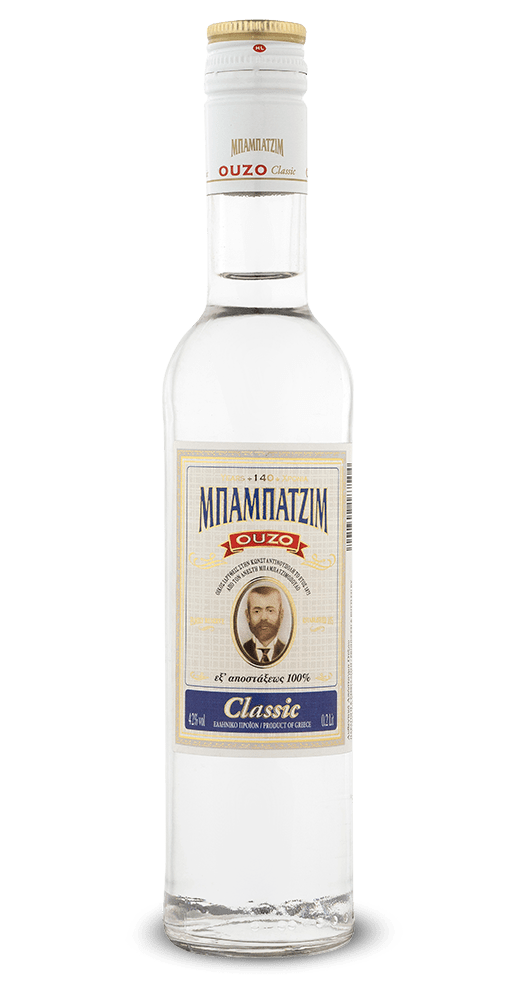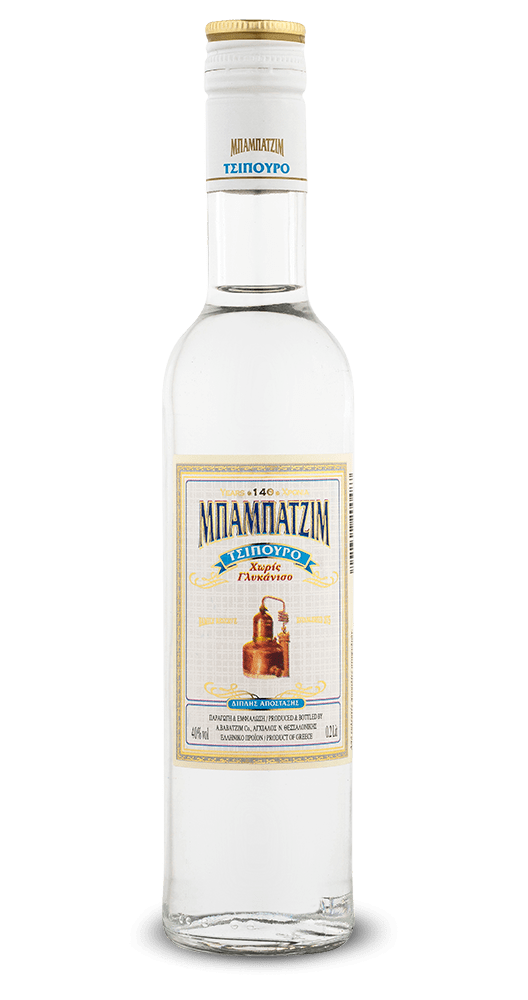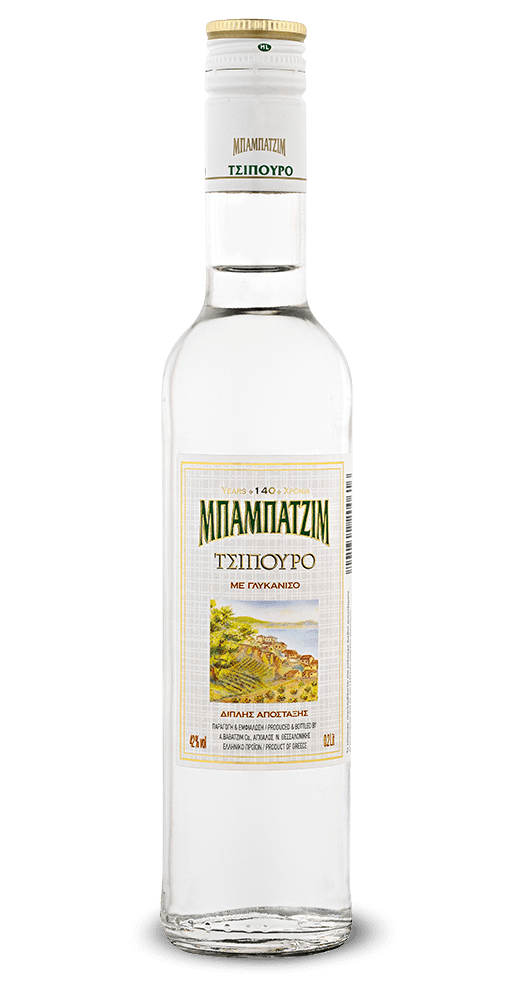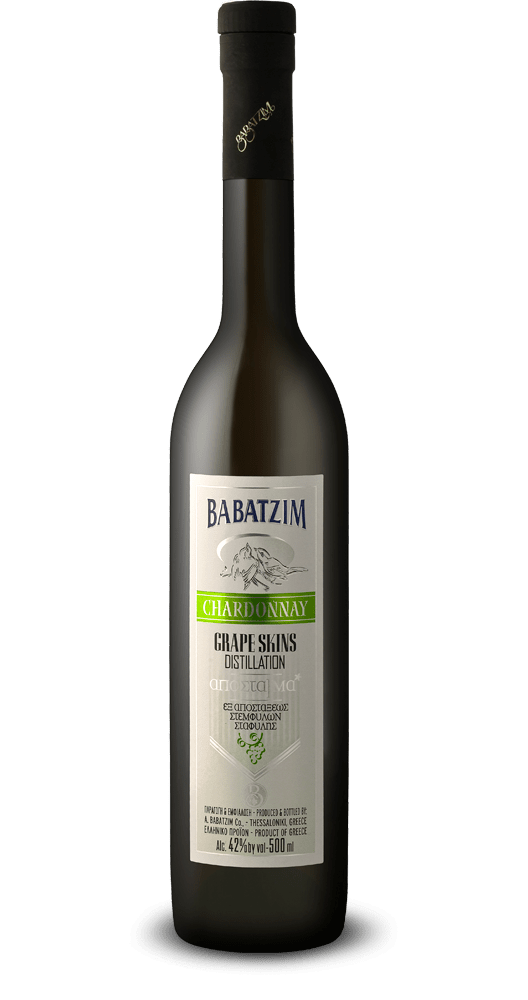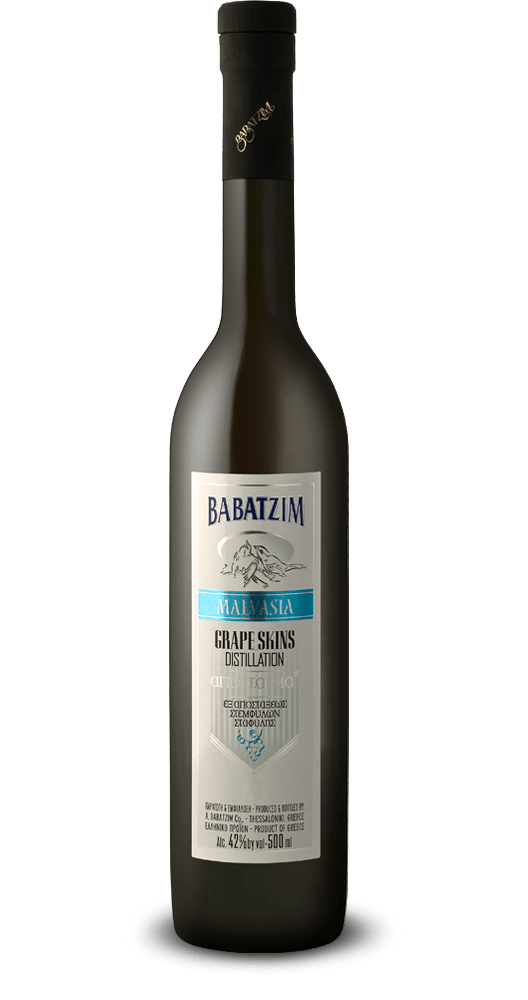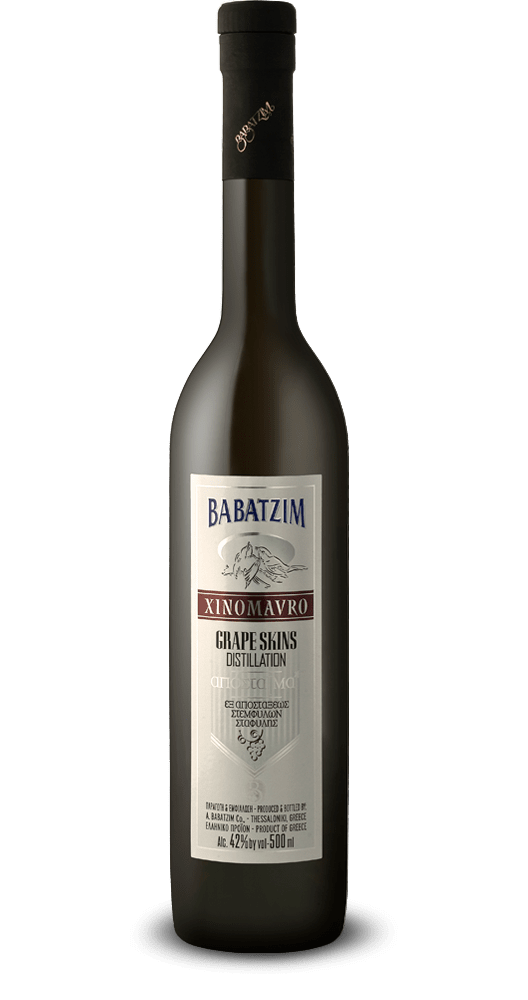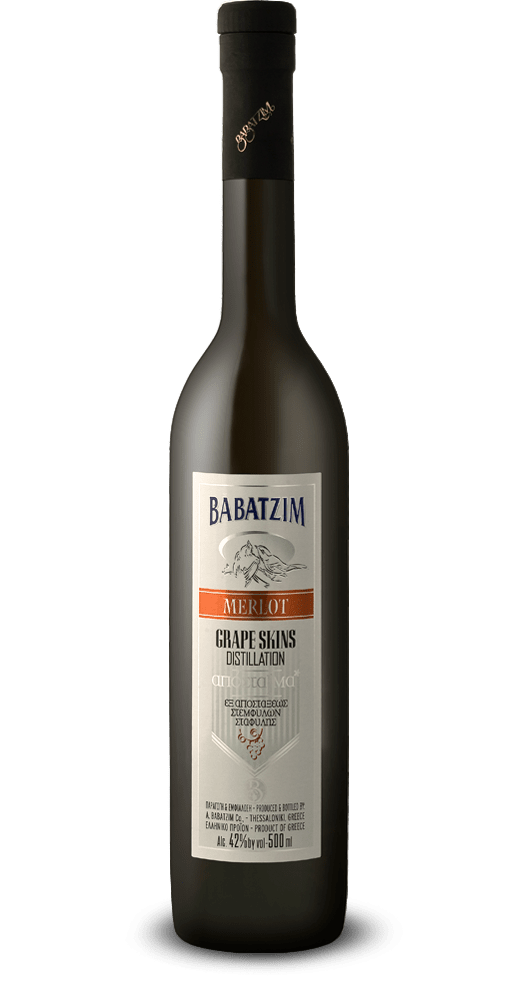The Greek distillery has great potential for development
In a country dominated by the latent worshipful respect for early (as soon as possible) retirement, in a country where the word “doing well” at work is considered to be not having… activity, there is -among many others- and one who, despite the fact that he is already 75 years old, remains “a beast without a care”. Not only refuses to retire, but wants to spend as long as possible creating, searching, sniffing, tasting, experimenting! And above all… to… treat and share tastes and experiences! He has the fire of a teenager, the “hunger” for creation of an immigrant, he feels the blessing of God in his grapes, he understands the… divinity of the distillation process! Not only does not think of retiring, on the contrary, as he says, when… he gets tired of one tractor, he rides the other and ploughs – with his milling machine or with his… soul – his vineyards! The reason for this is Anestis Babatzimopoulos, the iconic vine grower, winemaker and distiller from northern Greece.
What is the motivation of a man in his old age to continue with the same passion, despite the changes concerning the “sport” of the distillery? “Are you thinking about… retirement?”, we ask him…
“Retirement and immobility are not for me. I feel tremendous freedom in my work, next to my climates. This is what sustains me, this is my… flame”, stresses Anestis Babatzimopoulos in liberal.gr.
Fun lover to the max, gentle, noble, lover of style and beauty, Anestis Babatzimopoulos or… Babatzim, is in a (special) category all on his own! Although theoretically “old” and mature, he keeps the rookie’s fire, keeps the thirst for the new alive, he looks at the grape, the fruit of the vine with admiration and devotion! Despite being “old”, he has the most modern ideas in the industry, he looks ahead, has faith and transmits his… vision! What is that? For Greece to become a big name in international distilling!
Those who have tasted the… nectar that it produces, understand. He talks about wine and flavors, as a lover and taster. He peddles tsipouro and ouzo as “diamonds” that clear the throat, he refers to the most… precise sensations that a cigar accompanied with a sweet idiopathic drink from those special ones he produces.
It is no coincidence that he was the pioneer in Greece to bottle tsipouro in 1988. He was the pioneer who gave it the status and the “price” it deserves, the pioneer who put it on the shelves, sealed, controlled quantitatively, qualitatively and fiscally. This was the Babatzim’s tsipouro! “I am proud to be the pioneer who introduced bottled tsipouro in Greece”, he stresses to liberal.gr. “I honored this excellent product in this way. In 1988, this was done. But then the most… private production developed. “The year 1987 marked a crucial and pivotal year, when tsipouro and ouzo were established and ‘stamped’ as purely Greek products. This was a very big gift for the Greek distillery”, he points out.
The history, from Constantinople to Lagada
Surely, with such a history, Mr. Anestis Babatzimopoulos is entitled to speak! He believes strongly in the Greek land, in Greek products and especially in Greek grapes and Greek sun. “We can do great things. There is great potential for our country to become a big name abroad in the distillation sector”, he points out and continues: “There is a great demand from abroad, constantly increasing, just as there is a growing demand at home. We must keep our vines. There is a need to keep our vineyards. But we can keep and maintain what we have. For many years now, the EU has imposed restrictions on creating new vineyards. No one can arbitrarily plant a vineyard just because of passion or something else. We are in a gifted country. Ouzo and tsipouro are blessed products, beasts of burden! All these products, when officially produced and controlled, can constitute conditions for development. If we change our mentality and if we believe more in our products, if we pay more attention to their promotion, we can do wonders”, Mr Babatzimopoulos stresses.
The unjustified ouzo! The best ambassador of our country
Knowledge is needed for those negotiating in Brussels
According to Mr Babatzimopoulos, “it takes an enormous knowledge of the subject for any political actor who goes to Brussels in order to negotiate on such issues. There are prohibitions in our area that are restrictive. The sultana, for example, runs away like crazy abroad. The legislature should have channeled a large part of it into distillate production, which is not happening, as it is prohibited. The same for rosaki. If a hailstorm destroys a grape production, for eating, it is not allowed to be distilled. That is distortion. I’m always talking about official distilleries, not bulk productions. There are dozens of parameters that affect our work.”
The success of the Italians with grappa
As he points out, “the Italians became distillers following us. I mean distillation beyond wine and the rest. Nevertheless, with grappa, they managed to create a product that has achieved great success. With proper design, the Italians outdid themselves. They managed to sell grappa for 16 – 17 euros per 0.5 liter bottle! We are far behind. Everything matters. A nice bottle, a nice label, a nice design. The tsipouro is a 100% patented Greek product. We are not allowed to make tsipouro from… foreign grapes, but only from grapes growing on Greek land.”
The injustices, the distortions and the two classes of distillers
Assessments, controls, professionalism
The second issue is the evaluation of the product itself. ” The person who distills officially accepts all the controls of the state, in full. From the General Distillery of the State, we accept quality, quantity and yield controls of the tsipouro. Only when I get the final ok do I proceed with the bottling process and the rest. In the other hand, in the case of… bulk, there is no serious control, only sporadic checks are made. Also, in the official distillery – winery there are particular specifications for the grape holding. In 100 kg of grapes, we can add this amount of tsipouro etc. In the other hand they use the whole amount of wine to make tsipouro. Many species are not allowed, but several people put them in, as well as adding sugary substances, raisins and much more”.
Health risks and quality issues
Mr. Babatzimopoulos also raises the extremely important issue of health. He stresses: “In the official distillery, the grapes are extremely processed, the smallest amount of methanol is recorded in the distillate, a substance extremely dangerous, which, if not controlled, can bring blindness and cirrhosis of the liver. Personally, I do not want any store or distillery to close. But I want us all to produce on an equal footing. What has been going on for some several years now is 10 – 12 families in Greece carrying the entire burden for the industry. We have all taken on tremendous responsibilities for health, tax, obligations to the state, etc. We collect and pay taxes, we advertise, we cultivate culture, we move forward”, Mr Babatzimopoulos stresses. There is no industry or profession in Greece that needs so many safeguards and certifications, time-consuming and costly procedures to operate”, he points out.

